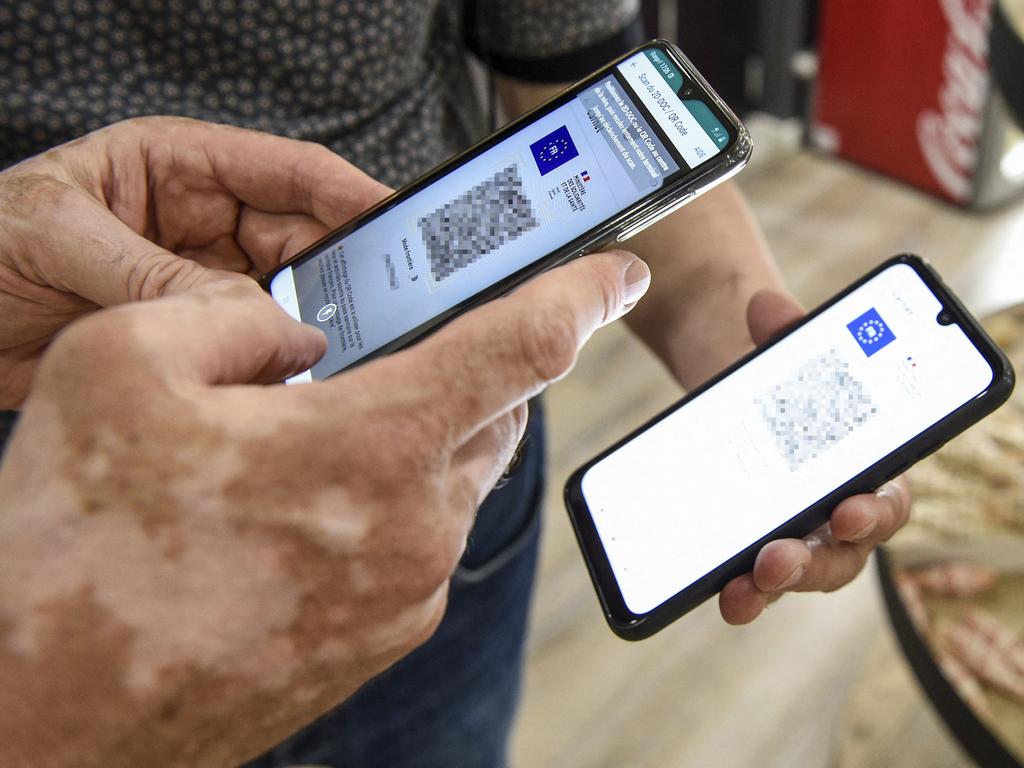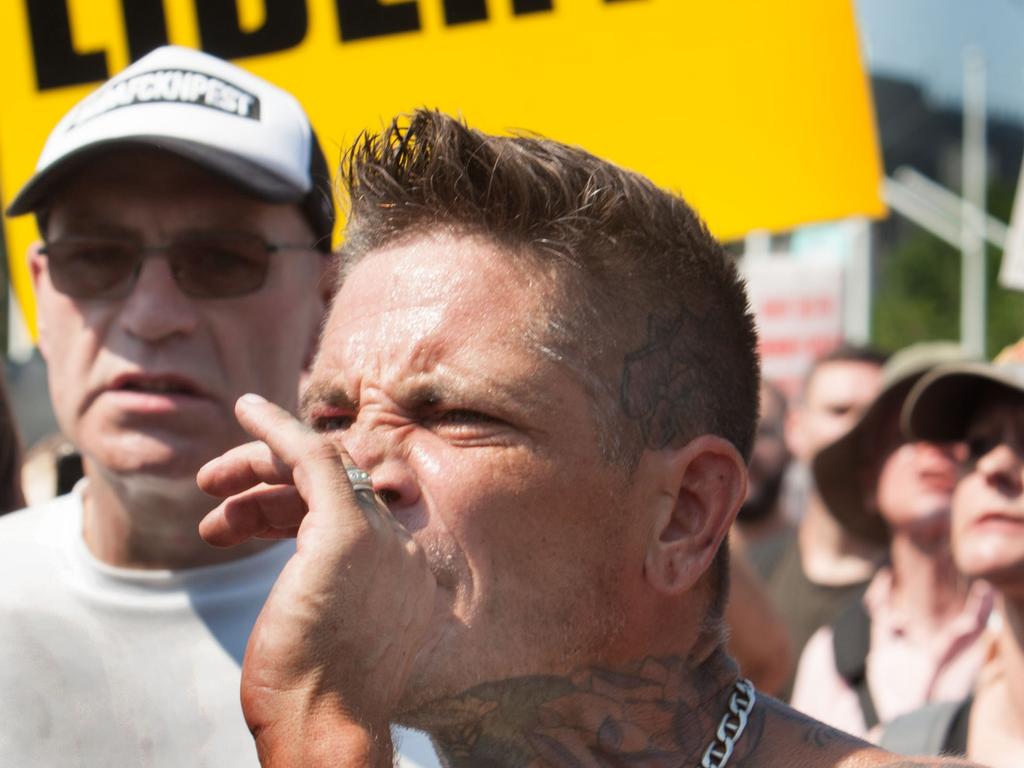Moral and legal dilemma of vaccine passports for Australia
Vaccine passports are on their way for Australia. The idea is popular with some, but others say it presents a moral and ethical dilemma.
French President Emmanuel Macron has lit a fire under governments around the world with his comments about the future of life with Covid-19 in the community.
Discussing vaccine passports – also known as an immunity certificate – he was very clear.
“I no longer have any intention of sacrificing my life, my time, my freedom and the adolescence of my daughters, as well as their right to study properly, for those who refuse to be vaccinated,” he said.
“This time you stay at home, not us.”
Australian Prime Minister Scott Morrison followed with comments confirming Australia is headed down the path of depriving those unvaccinated against Covid-19 of certain liberties afforded to the vaccinated population.
“If you get vaccinated, there will be special rules that’ll apply to you,” he said.
“Why? Because if you’re vaccinated, you present less of a public health risk. You are less likely to get the virus. You are less likely to transmit it. ”You are less likely to get a serious illness and be hospitalised, and you are less likely to die.”
RELATED: Lockdown looming in Victoria

The idea has been met with a mixed response. Many see it as the only way towards proper reopening. But detractors say it will unfairly punish some members of society who, for various reasons, choose not to be vaccinated.
What about from a legal standpoint? Experts say there are some problems.
Associate Professor Ron Levy from the Australian National University, who specialises in constitutional law, told news.com.au a decision would need to be made about whether states or the commonwealth introduce new laws.
“In general, it seems relatively clear that the states or the federal government are able legally to create and run vaccine passport systems. There are some specific considerations and worries, however.
“For example, if the passports were federal in origin, then the federal government would need to be able to show that it has the constitutional power to create the scheme. There are a couple of possibilities in the Constitution.
“One of them is the so-called ‘nationhood power’, which can be used for instance in a crisis. But the nationhood power is not unlimited. Especially if the vaccine passports are ‘coercive’ (which of course they are to some extent), then a court would want to be satisfied that they are on balance worth it.”
He said the government would “of course assert that the passports have important public health uses” and should not overreach.
“It shouldn’t disadvantage people who haven’t yet had a chance to get a shot, through no fault of their own. And even vaccine sceptics of course should probably only be denied certain privileges.
Prof Levy said privacy implications should also be considered.
“Will an immunocompromised person be required to tell the greeter at a store entrance about her health history?
“All of these concerns seem to be able to be addressed by a well-tailored law.”
Victorian Liberal MP Russell Broadbent is among those who have some concerns.
“While private companies are entitled to make whatever decisions they like regarding vaccine passports, I have to say I feel uncomfortable, really uncomfortable, about the use of vaccine passports being made mandatory for domestic travel,” he said.
“Equally, I know many people are supportive of the idea. Any decisions about vaccine passports need to be carefully considered.”

Unsurprisingly, Nationals MP George Christensen is outspoken about the idea. He told NCA NewsWire: “I’ve told the Prime Minister as recently as the party room meeting yesterday that we should not be pushing for the invasion of people’s medical privacy by enabling businesses to ask staff and customers to confirm their vaccination.
“We should not be pushing for discrimination against Australian citizens who choose not to undergo a particular medical treatment, and that means we shouldn’t be allowing the refusal of employment or service because someone hasn’t been vaccinated.”
Benjamin Muller from London’s Western University, wrote in The Conversation that society “should be troubled by the open embrace of vaccine passports”.
“The lessons of the past two decades of surveillance in society have shown us that identification technologies such as biometrics have consequences that go well beyond their intended use,” he wrote.
“Contemporary vaccine passports will bear little resemblance to the handwritten vaccination cards of the past. Instead, they will likely reside on our smartphones.
“Safe and efficient travel is the coveted prize. However, failure to have fulsome public conversations about the long-term societal impact of vaccine passports will leave our privacy and civil liberties exposed.”




